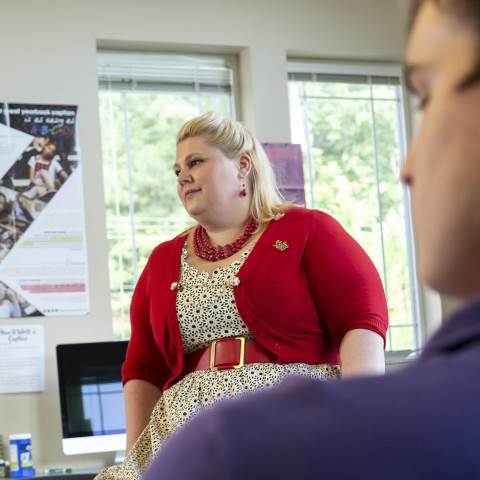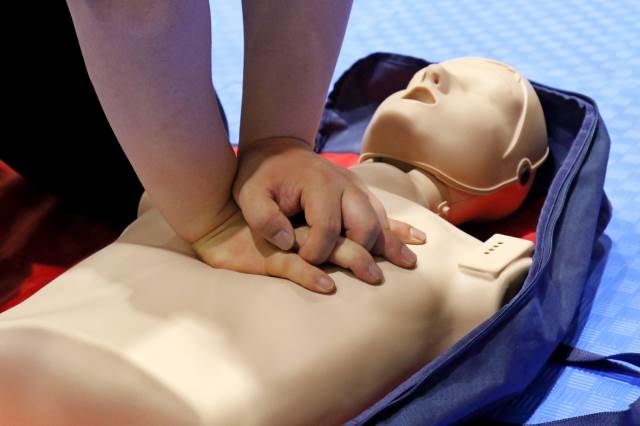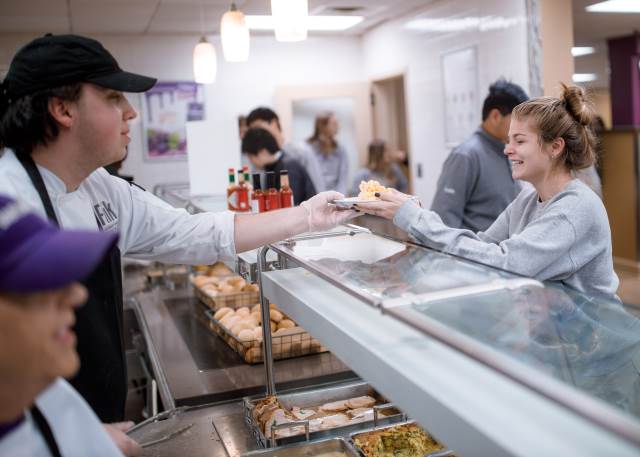

Every adult at Darlington is committed to the wellness of the students in our care because we believe wellness is critical to each child’s individual learning experience and to our mission as educators. In our effort to grow a healthy community of learners, we have woven 10 dimensions of wellness throughout our academic and residential life curriculum.
The socially well student makes connections with others in the community, becomes involved in areas of the school outside of the classroom, and is willing to move out of their comfort zone by engaging in new activities.
The academically well student takes personal responsibility for their academic success, understands that they have a unique learning style, has strong time management skills, and is willing to seek help when they do not understand what is being taught in the classroom.
The emotionally well student can identify, express and manage the entire range of feelings. They maintain a healthy self-esteem, positive body image, and know how to regulate their feelings. They also know where to seek support and help regarding their mental health.
The relationally well student has built relationships of support based on interdependence, mutual trust and respect. They are able to identify qualities of a healthy and unhealthy relationship in their life and the lives of others.
The spiritually well student seeks harmony and balance by openly exploring the depth of human purpose, meaning, and connection through dialogue and self-reflection. This may or may not include participation in organized religion.
The creatively well student values and actively participates in a diverse range of arts and cultural experiences as a means to understand and appreciate the surrounding world.
The culturally well student is aware of their own cultural background, as well as the diversity and richness present in other cultural backgrounds. Cultural wellness implies understanding, awareness and intrinsic respect for aspects of diversity.
The intellectually well student values lifelong learning and seeks to foster critical thinking, develop moral reasoning, expand worldviews and engage in education for the pursuit of knowledge.
The physically well student maintains a balance of physical activity, nutrition and mental well-being. They are aware of their limits and are able to make healthy decisions based on their personal values; therefore, it compliments their own physical and mental health.
The financially well student has an understanding of the basics of finance including budgeting, credit and debt, saving and investing, and making wise decisions about spending.
Through training and partnerships and by providing helpful resources, our faculty and staff work to support every student’s physical, social, and emotional wellness.



Our counselors and nurses are here to help. Actively involved in the development of our wellness curriculum and policies, this team works to ensure everyone on our campus feels safe and supported.

